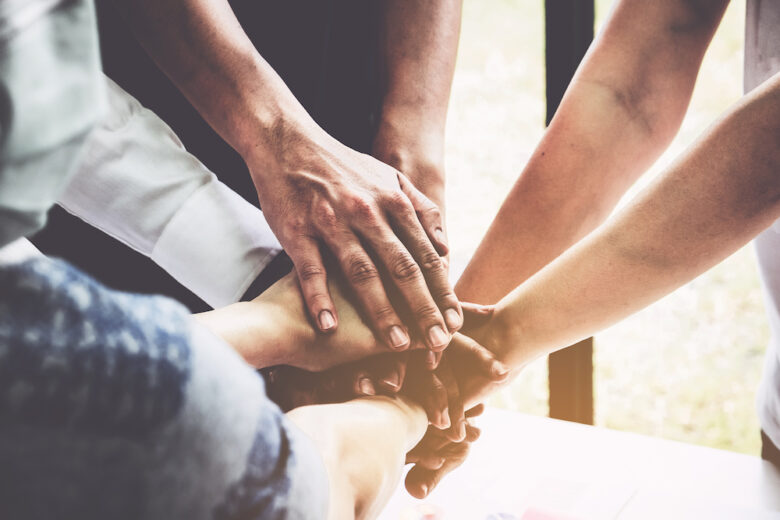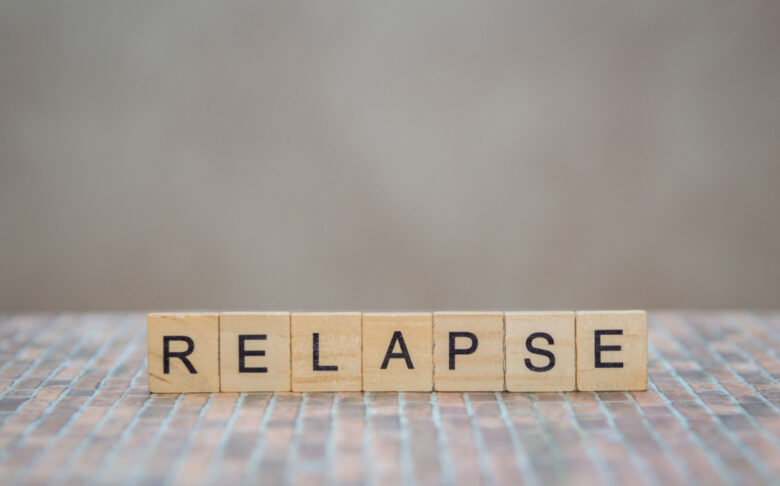Relapse refers to the return to unhealthy behaviors or patterns after a recovery period. It is an important topic to understand if you or someone you know is struggling with addiction or is in a drug rehab facility.
In this article, we will explore relapse, some common factors contributing to it, and why it is common to experience relapse on your road to recovery. Sometimes it can be frustrating and discouraging when trying to make positive changes.
That’s why it’s crucial to understand the causes of relapse so that you can better recognize and address triggers that can lead to setbacks. Also, to offer coping strategies to help you or your loved one stay on track.
Let’s dive in!
Contents
Factors That Cause Relapse
If you or someone you know is in recovery from addiction, you know that staying sober can be a challenging journey. You may face a risk of returning to your old habits after a period of abstinence.
I’ll walk you through some of the most common factors that can cause relapse.

Source: uk-rehab.com
Triggers
Anything that brings back memories or emotions associated with using drugs or alcohol can be a trigger. Triggers can appear as a smell, a specific place, a person, or even a particular time of day for you.
Triggers can occur anytime and can be very challenging to avoid.
We advise you to identify your triggers to develop coping strategies when they occur. To cope with your triggers, you can;
- Avoid certain people or places
- Find new distractions to occupy your mind
- Practice meditation activities to keep your stress levels in check.
Cravings
Cravings are usually intense urges to use your drug of choice. Cravings can be overwhelming and sometimes difficult to resist if you are in early recovery.
Cravings might be triggered by;
- Stress.
- Being in social situations
- Being in the same physical space where you used to drink or use drugs.
If you are in recovery, you need coping strategies to help you resist cravings. You might;
- Call a friend or sponsor
- Practice mindfulness or deep breathing exercises
- Engaging in healthy distractions, such as exercise or a creative hobby.

Source: altaloma.com
Lack of Support
Lack of support can lead to relapse, leaving you feeling isolated, disconnected, and unsupported.
Remember, recovery is a long, challenging journey, and having a support system can make all the difference in sobriety.
Support can come in many forms, from family and friends to a professional counselor or enrolling in a support group.
Stress and Mental Health Issues
Stress to addiction is like wildfire. It reinforces substance abuse urges and can lead you to relapse.
When stress becomes overwhelming, it can affect your mental health and easily lead you back to the bottle to experience a sense of relaxation or pleasure. You may abuse the substance of your choice to cope with stress.
You need to develop healthy coping mechanisms that don’t involve substance use. Coping mechanisms might include;
- Exercise
- Meditation
- Deep breathing exercises
- Talking with a therapist or support group.

Source: benessereblog.com
When to be worried
Recovery from addiction is an ongoing process, and relapse can happen to anyone at any time. A relapse is a return to substance use after a period of abstinence. It can be triggered by various factors such as stress, social pressure, or even exposure to the substance. It is important to be aware of the signs and symptoms of relapse and know when to seek help.
One of the first signs of a potential relapse is a change in behavior or attitude. A person who was previously motivated and committed to their recovery may start to become complacent or ambivalent. They may become less involved in their support group, stop attending meetings, or avoid their sponsor. This can be a red flag that they are losing sight of their recovery goals.
Another sign of relapse is an increase in stress levels. Stress is a common trigger for relapse, and a person in recovery may experience a higher level of stress due to work, family, or financial issues. If a person is not managing their stress levels effectively, they may turn to substance use as a coping mechanism.
Cravings
are another warning sign of a potential relapse. A person may start to think about using the substance again, or they may start to feel a physical urge or craving for the substance. This can be a sign that they are not managing their triggers and cravings effectively and may be at risk of relapse.
Changes in mood and behavior
can also be a sign of a potential relapse. A person may become more irritable, agitated, or anxious. They may also become withdrawn and isolate themselves from their support system. These changes in mood and behavior can be a sign that the person is struggling with their recovery and may need additional support.

Source: bicyclehealth.com
If a person does relapse…
It is important to seek help immediately. Relapse does not mean that the person has failed, but it is a sign that they need to reassess their recovery plan and make any necessary adjustments. It is important to remember that relapse is a common part of the recovery process, and many people experience multiple relapses before achieving long-term sobriety.
If you are concerned about a loved one who may be at risk of relapse, there are steps you can take to support them. First, it is important to talk to them about your concerns and offer your support. Encourage them to attend meetings or seek professional help if necessary. You can also help them identify their triggers and develop coping mechanisms to manage them.
In summary, relapse is a common part of the recovery process, and it is important to be aware of the signs and symptoms of relapse. Changes in behavior, attitude, stress levels, cravings, and mood and behavior can be warning signs of a potential relapse. If a person does relapse, it is important to seek help immediately and reassess their recovery plan. With the right support and resources, it is possible to overcome a relapse and achieve long-term sobriety.
Conclusion
Relapse is a common challenge in addiction recovery, and many factors can contribute to this risk. Triggers, cravings, lack of support, and mental health issues can make maintaining sobriety difficult. However, by developing healthy coping mechanisms, building a solid support system, and addressing any underlying mental health issues, you can reduce the risk of relapse and improve your chances of long-term success.
Remember, recovery is a journey, and asking for help is okay.
